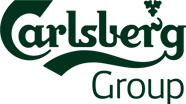
 Growing into a global player
Growing into a global player
Going truly global
Through the 20th century, exports steadily grew. Carlsberg exported to the Far East, but it was not until the 1950s and 1960s that exports really got off the ground. From 1956 to 1969, Carlsberg doubled its total exports, and the demand for Carlsberg pilsner outside Denmark quickly accelerated.
Between the years 1968-1981, Carlsberg increases its international focus by opening up breweries in various parts of the world. The first overseas brewery opens in 1968. In 1972, 1974 and 1981, Carlsberg opens up breweries in Malaysia, the UK and Hong Kong, respectively.
The big export breakthrough came in 1970. That was the year when Carlsberg and Tuborg – the second major brewery in Denmark – merged. Carlsberg had enjoyed a close partnership with Tuborg for many years, but now they became fully integrated as one company with the Carlsberg Foundation as principal shareholder.
In the period after 1976, sales of Carlsberg and Tuborg outside Denmark exceed domestic sales by far. The success of Carlsberg and Tuborg's products in all parts of the world is attributed to the quality consciousness, the know-how and the technological proficiency.
1990's onwards
Carlsberg's international presence continues to grow in the 1990s as the company increases the degree of ownership or acquires new shareholdings in breweries in Portugal, Sweden, Italy, Vietnam, China, Poland, Latvia and Croatia.
Carlsberg does not expand at any cost. The art is to handpick breweries that not only supplement Carlsberg’s competences and markets, but also share its values. Breweries where the beer culture is strong and Carlsberg can learn from specialists who have a passion for beer and quality.
Tuborg shared that passion. As did Sinebrychoff in Finland, Ringnes in Norway, and other breweries that Carlsberg, now under the name of the Carlsberg Group, took over in the 00s.
The most recent big acquisition took place in 2008, when Carlsberg acquired 50% of Scottish & Newcastle and gained full control of a number of Russian and Baltic breweries, including Baltika Breweries.
Carlsberg has also acquired European breweries such as Kronenbourg in France, Wernesgrüner in Germany and the legendary Grimbergen in Belgium. Breweries with a beer-brewing tradition dating right back to 1128, nearly 700 years before J.C Jacobsen founded Carlsberg.
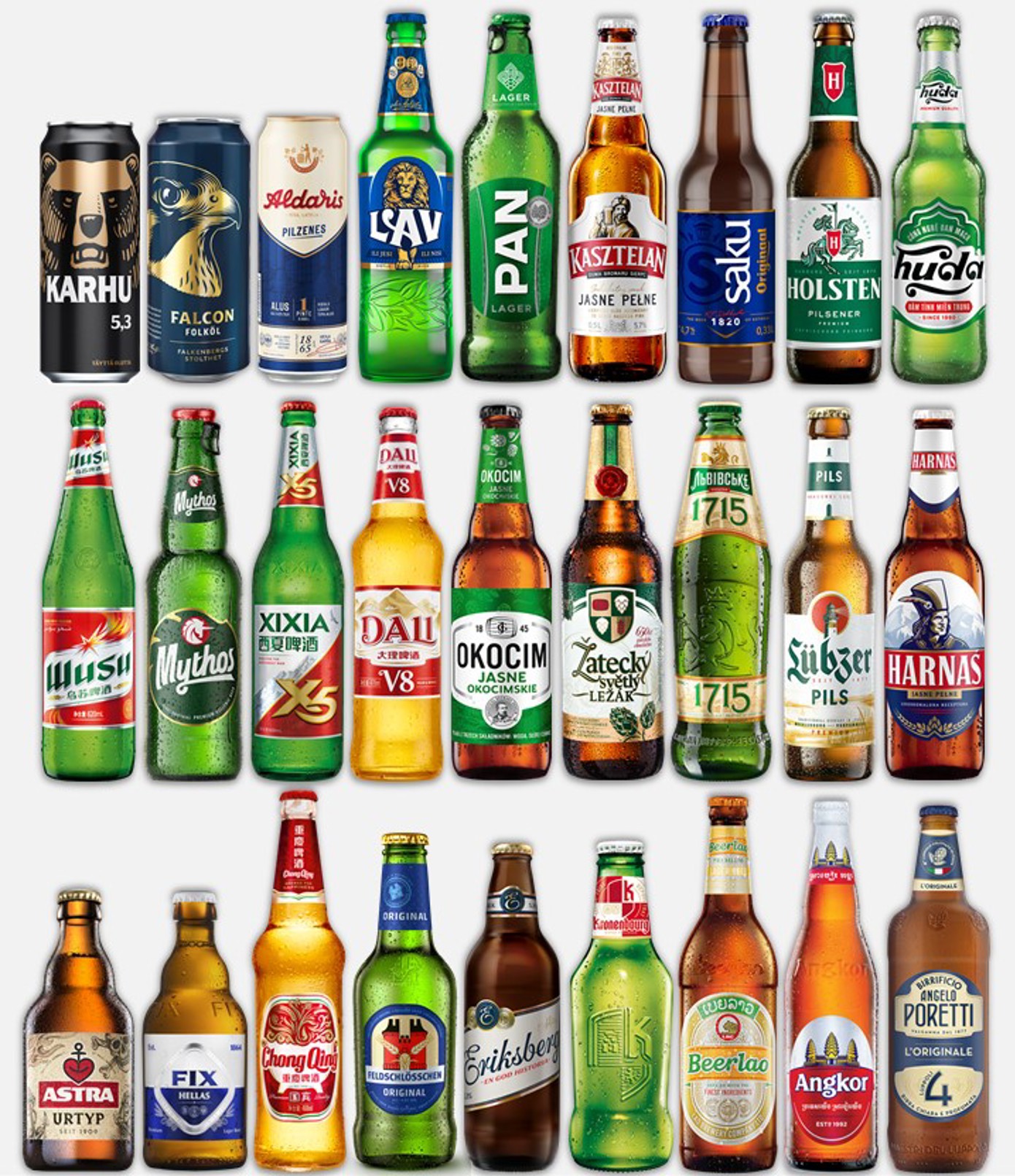
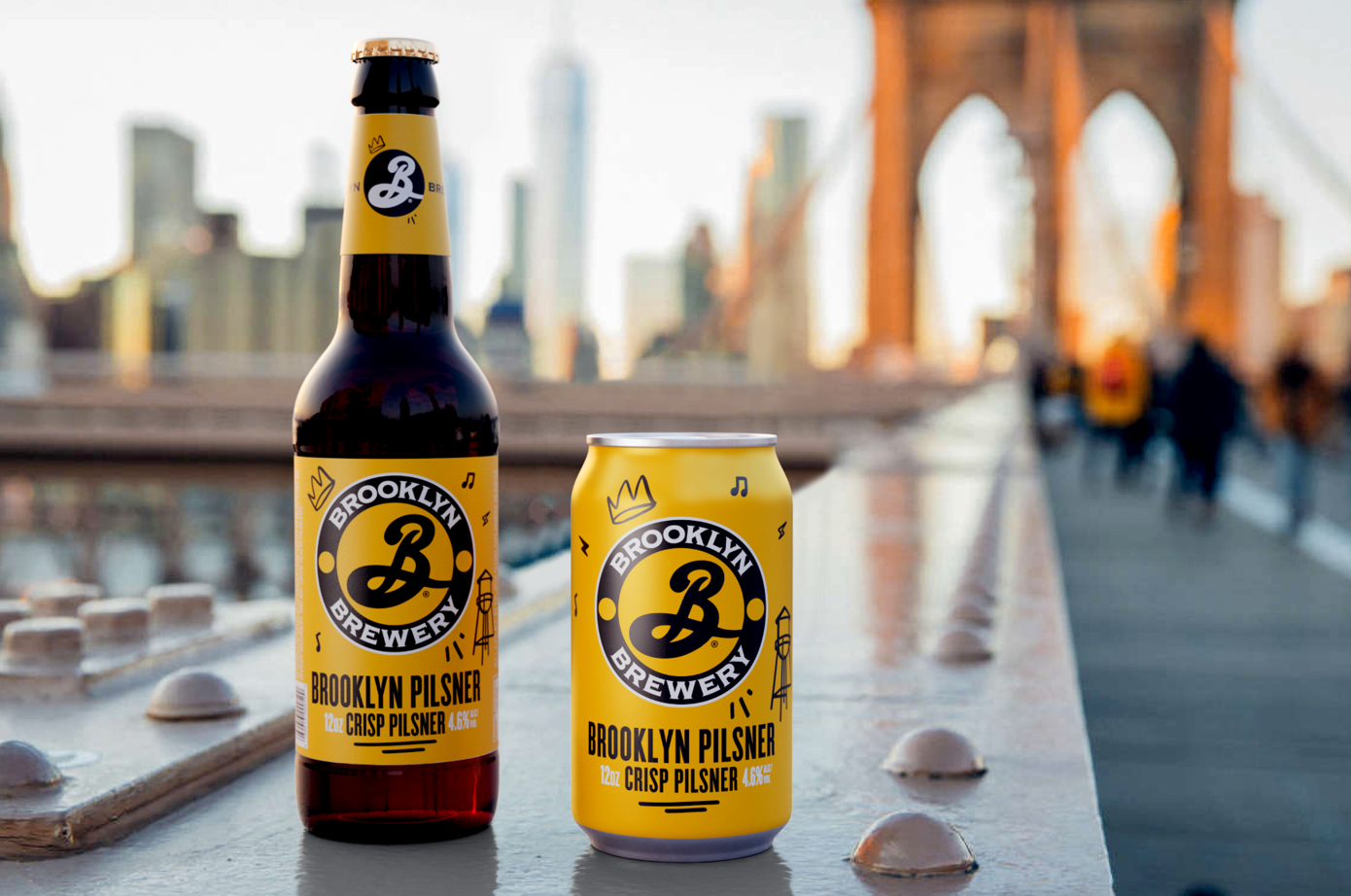
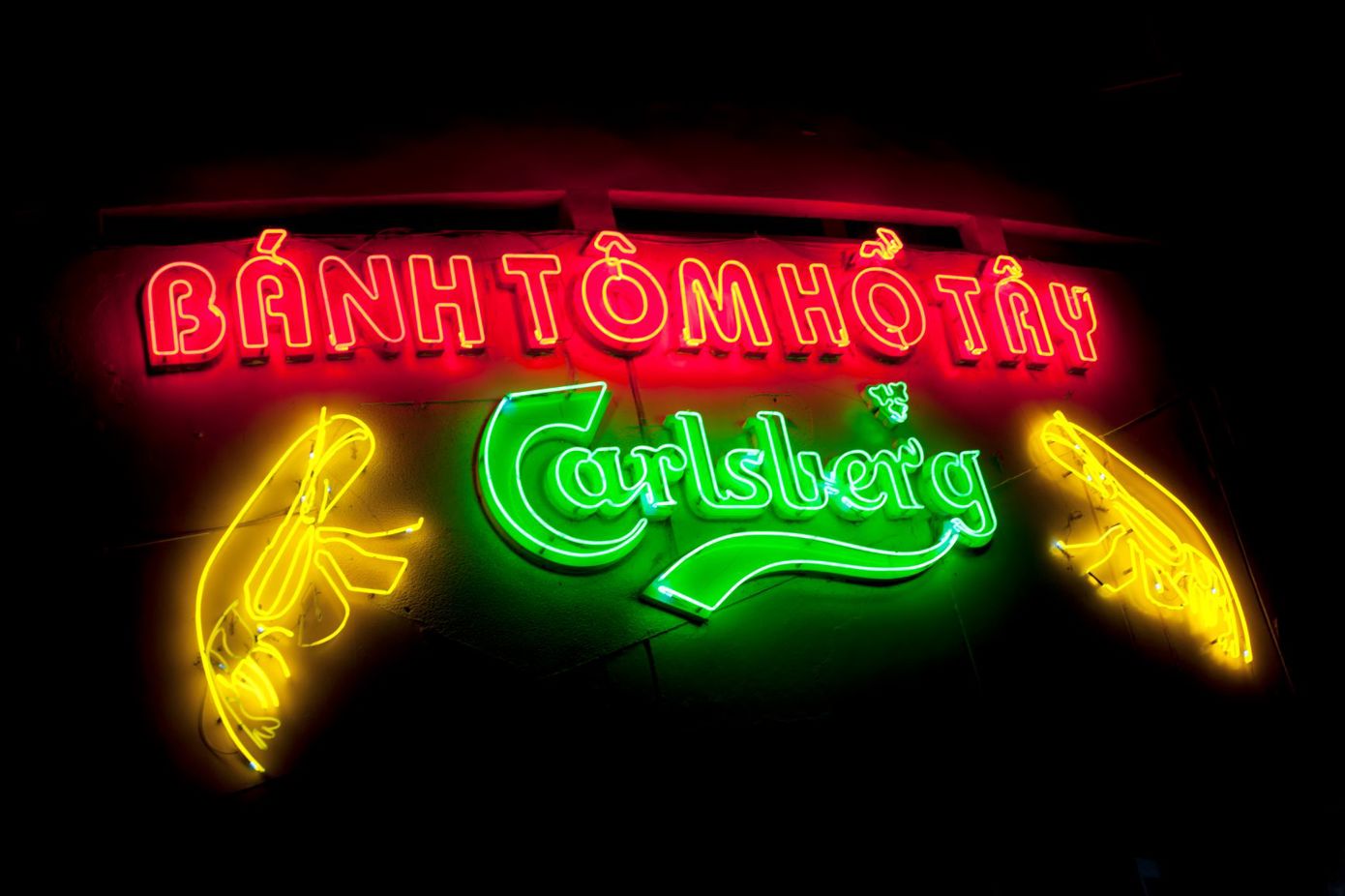
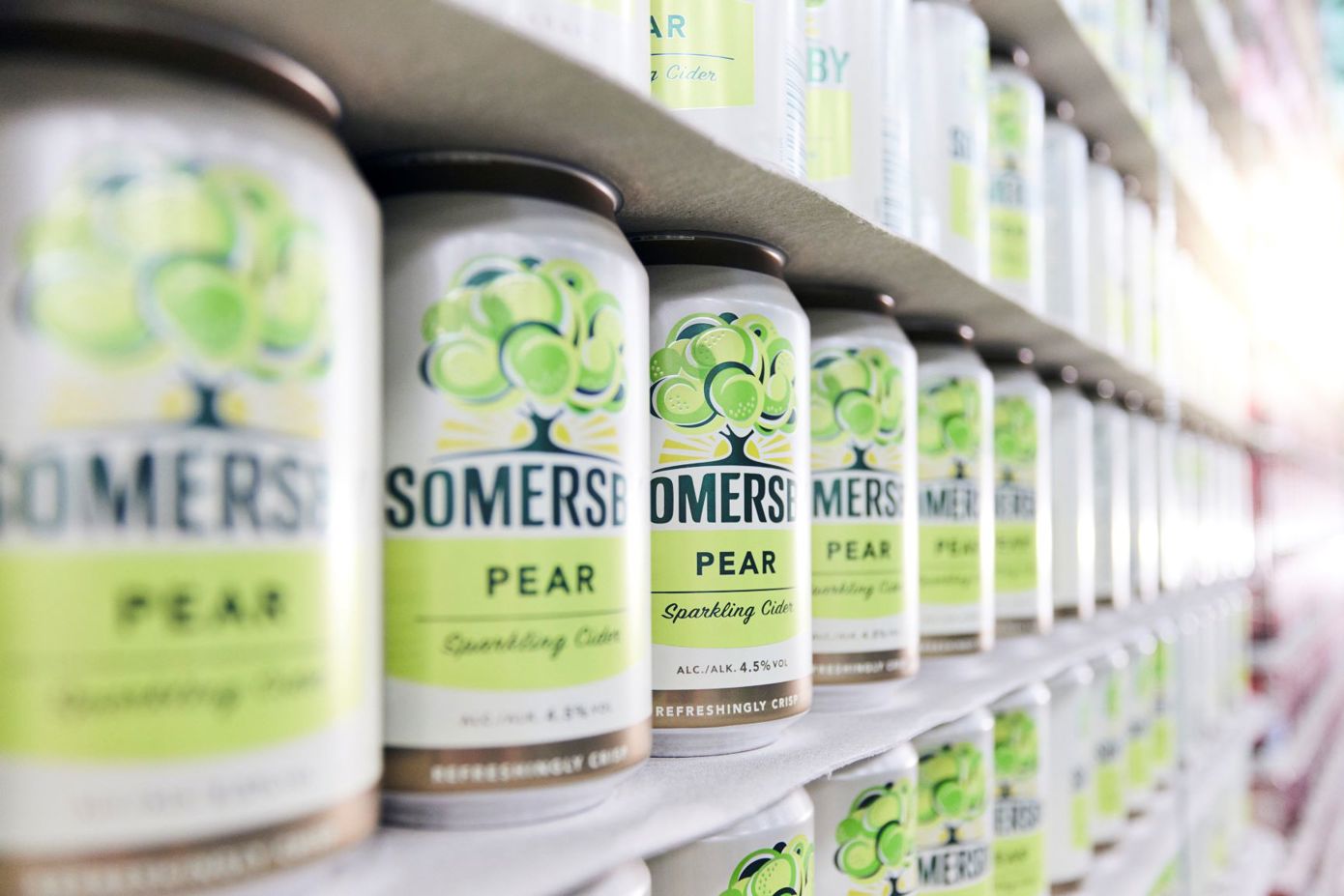
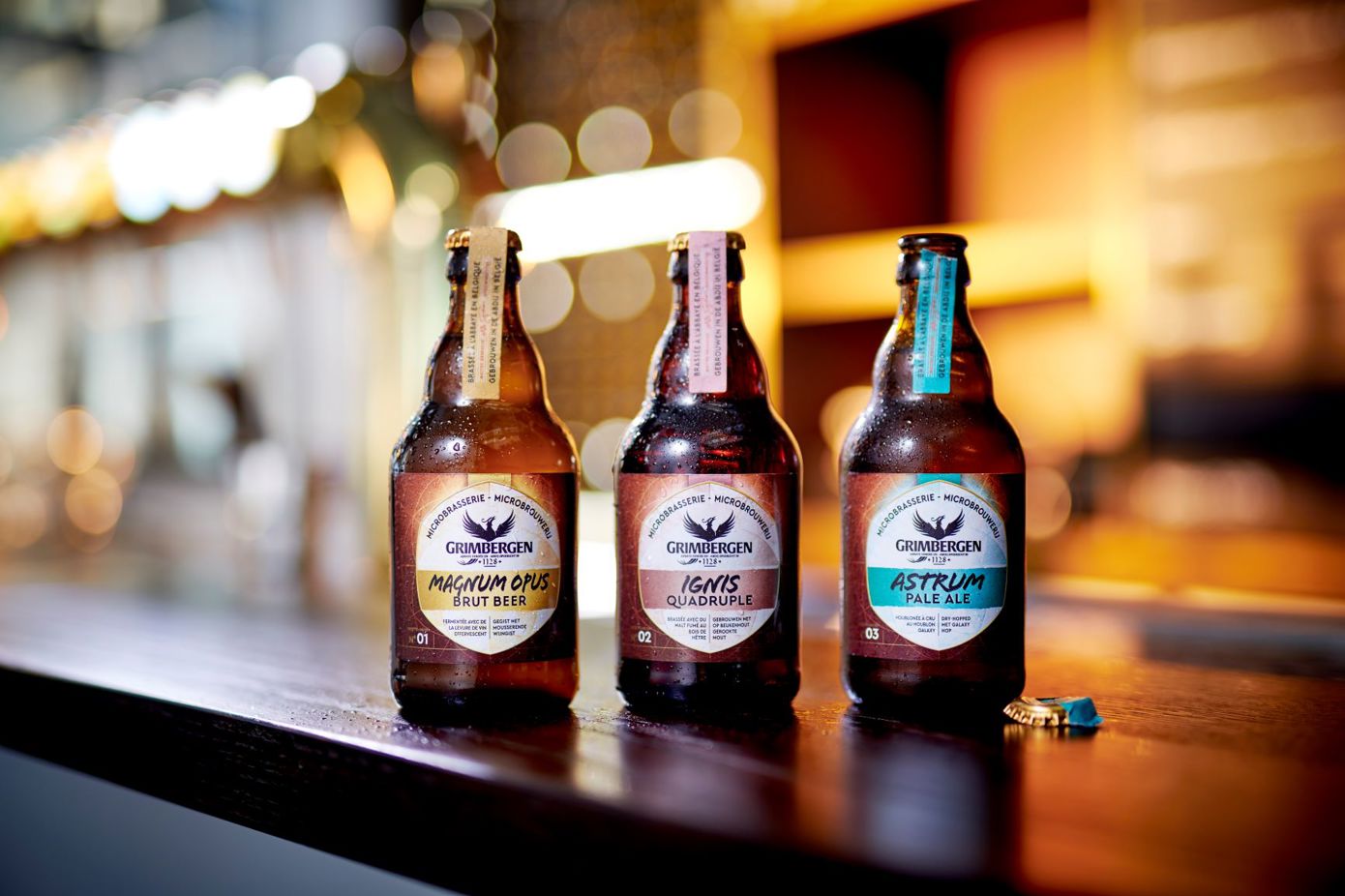

Thirsty for more?
Central & Eastern Europe and India
-
Azerbaijan
-
Belarus
-
Bulgaria
-
Canada
-
Croatia
-
Estonia
-
Greece
-
Hungary
-
India
-
Italy
-
Kazakhstan
-
Latvia
-
Lithuania
-
Serbia
-
Ukraine
